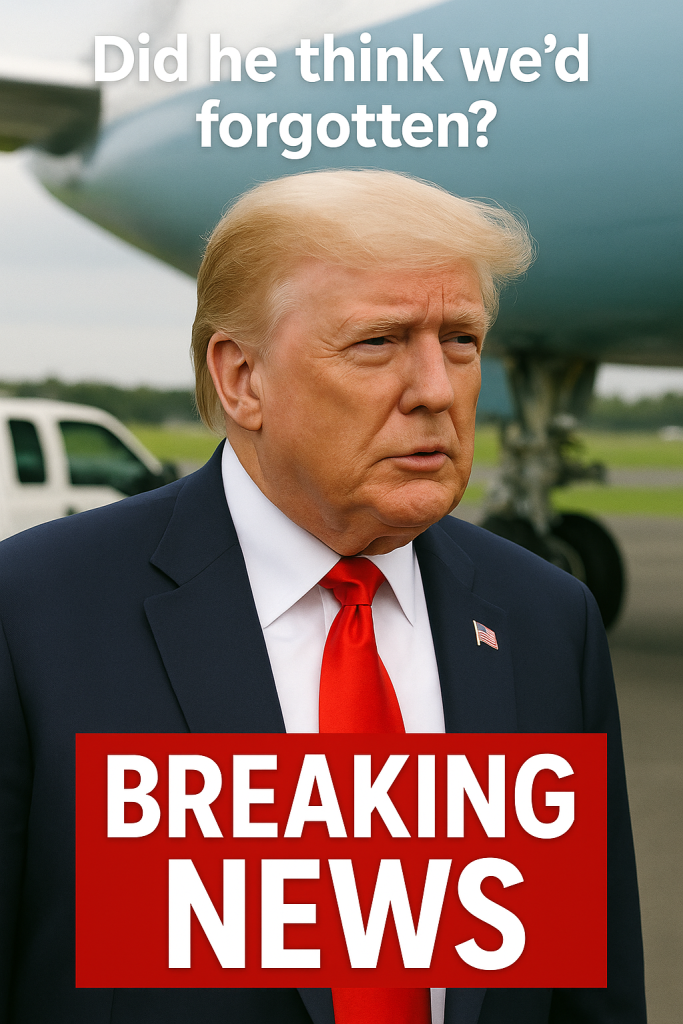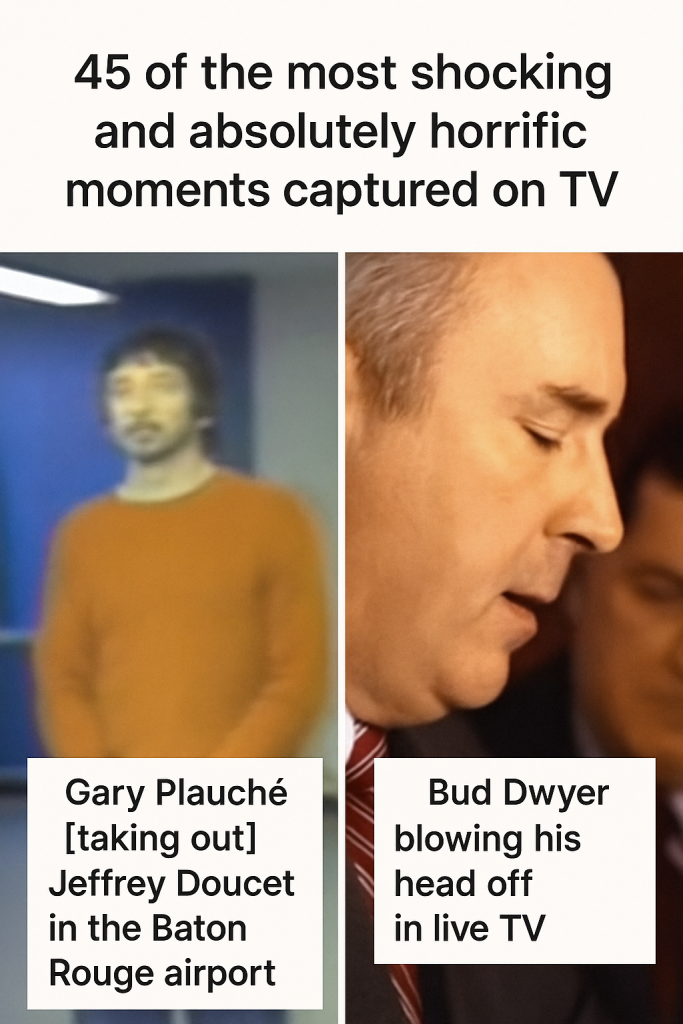In the fast-moving world of celebrity statements and political soundbites, a recent phrase has ignited a firestorm of reactions across social media: “Did he think we’d forgotten?” The comment, uttered by a prominent figure during an unexpected public appearance, has become a viral sensation and a focal point for debates about accountability, memory, and the lingering impact of past controversies.
The phrase originated during a press conference last week when a well-known public figure—whose identity remains the subject of heated speculation—addressed a longstanding issue that had seemingly settled into the background of public consciousness. Their tone and choice of words suggested a belief that the public had moved on, prompting an immediate backlash.
“Did he think we’d forgotten?” quickly became a rallying cry across social platforms, with users sharing the phrase as a hashtag, expressing frustration over what many perceive as an attempt to dismiss or minimize previous misconduct or mistakes. The phrase has cascaded through Twitter threads, Instagram stories, and TikTok videos, becoming emblematic of a broader cultural demand for accountability and transparency.
Experts on public relations and social psychology note that the impact of such a statement goes beyond the immediate controversy. “The suggestion that controversial actions or words can simply be buried under the sands of time is often met with resistance,” says a communications analyst. “Public memory is complex—people tend to hold on to significant events, especially those related to trust and ethics.”
This sentiment has been echoed by commentators who argue that the persistence of past issues in public discourse reflects wider societal concerns about redemption and responsibility. For many, the phrase underscores a tension between forgiveness and the demand for genuine reckoning.
In recent days, the individual behind the comment has remained largely silent, issuing only a brief statement meant to clarify their intentions. However, the initial damage seems to have been done. Public opinion polls indicate a dip in approval ratings related directly to this statement, with many respondents feeling it was dismissive.
Meanwhile, opponents and advocates have seized the moment to hold renewed conversations about historical controversies connected to the figure in question. It’s become clear that for many, no matter how much time passes, some actions refuse to fade quietly. The phrase “Did he think we’d forgotten?” has become a symbol of this enduring public vigilance.
As the situation develops, all eyes remain on whether further clarifications or apologies will follow, and how the public will continue to engage with the topic. Whatever comes next, one thing is certain: the question “Did he think we’d forgotten?” will not be forgotten anytime soon.



